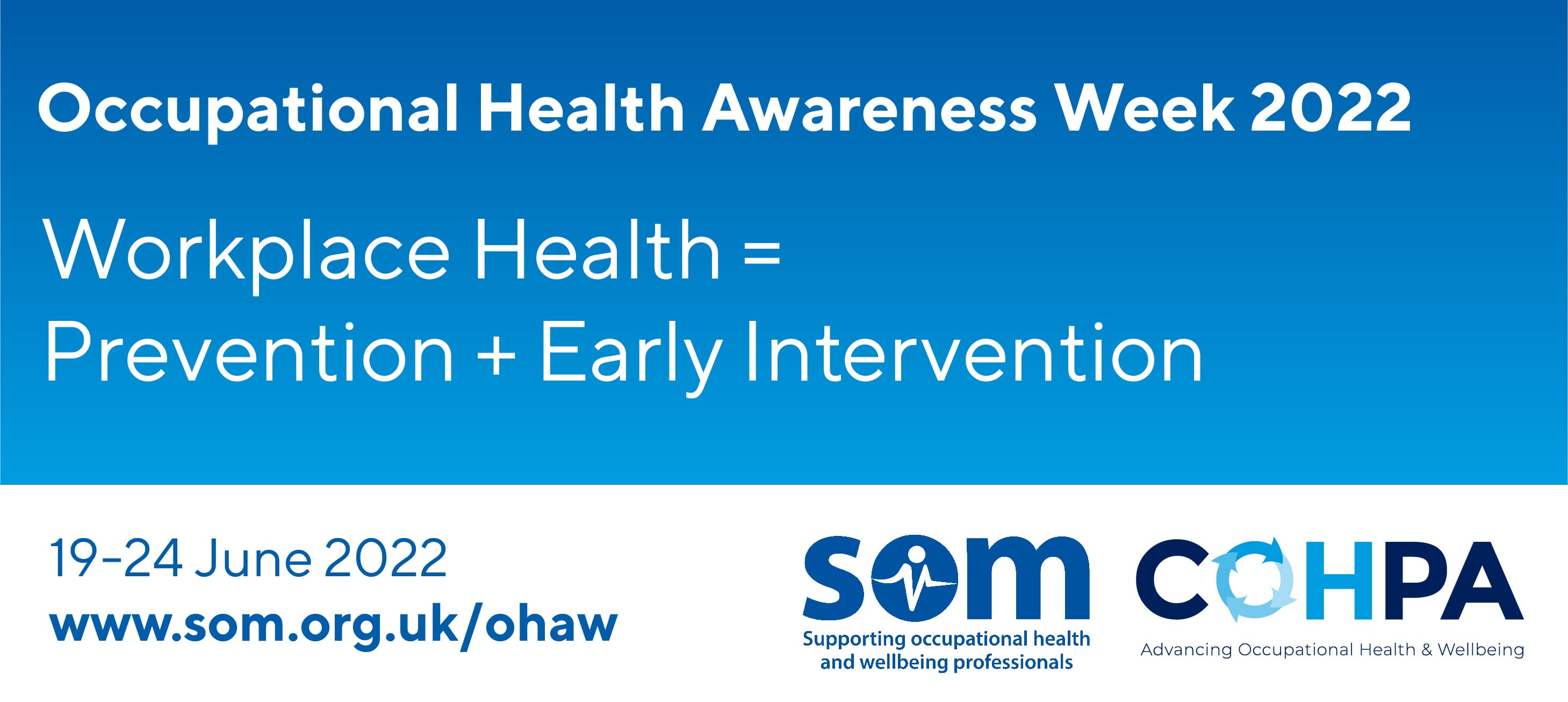
With the NHS under continuing pressure, occupational health (OH) experts have called on businesses to rethink how they tackle Long COVID and mental health issues in the workplace.
Speaking at an Institute of Directors (IoD) Scotland event on Wednesday to mark Occupational Health Awareness Week (19-24th June), OH specialists Dr Clare Rayner and Professor Neil Greenberg urged business leaders to adopt a strategy of prevention and early intervention for the sake of employee health and business continuity.
SOM and COHPA have identified Long COVID and mental health as the most critical workplace health issues of 2022.
ONS survey data from May 2022 found that 2 million people in the UK are suffering from Long COVID, with 71% reporting an adverse impact on daily functioning.
Dr Clare Rayner, retired consultant occupational physician and Long COVID expert, said: “Occupational health specialists tend to focus on health issues that affect daily functioning, result in long absences or need multiple interventions. Long COVID is a perfect storm of all those things combined.”
While Long COVID wasn’t specified, in May 2022 the Institute of Public Policy Research found that 200,000 people are reported to have left the workforce due to a long-term illness since the onset of COVID-19. Combined with 200,000 others who have left the workforce due to other health reasons, this equates to an economic output loss of £8bn in 2022.
Dr Rayner, who has experienced Long COVID herself, continued: “We have learnt that early intervention can make a significant difference to the severity and length of Long COVID.
"A one-off scan or specialist consultation in the early phase to pinpoint the key issues can mean recovery within weeks rather than months, but the NHS simply won’t have capacity to deliver that in the near future.
"If businesses have the means and foresight to pay for a private appointment on behalf of their employees, which usually costs less than the equivalent of a week’s sickness absence, it will most likely lead to a significant reduction in medium- to long-term staff absences.”
Meanwhile, an estimated 800,000 workers were suffering from work-related stress, depression or anxiety in 2020-21 according to ONS data. In April 2022, Deloitte found that poor mental health costs UK employers up to £56 billion a year.
Professor Neil Greenberg, Professor of Defence Mental Health at King's College London, said: “Employers should be commended for taking the mental health of employees increasingly seriously, but we urgently need to move away from the reactive approach that has become commonplace in UK workplaces to a more preventative strategy.”
A YouGov survey launched this week by SOM and COHPA to mark Occupational Health Awareness Week found that UK adults see factors such as work-life balance (76%), good management and leadership (66%), and good workplace culture (58%) as most important for employee health.
Professor Greenberg continued: “When it comes to mental health in the workplace, the similarities between the survey results and what we know as specialists is very striking. The public view on what works fits very well with the scientific view: that preventative strategies such as work-life balance and good workplace culture make all the difference when it comes to mental wellbeing at work.
"Given the rising cost to mental health to the UK economy, business leaders should be reassured that investment towards positive cultural change, especially ensuring that all supervisors are able to have a psychologically savvy chat with their teams, will pay off both in terms of both employee health and organisational effectiveness.
"There is a key group of organisations getting ahead of the game in occupational health with a more strategic and preventative approach to addressing the mental health of employees.”

